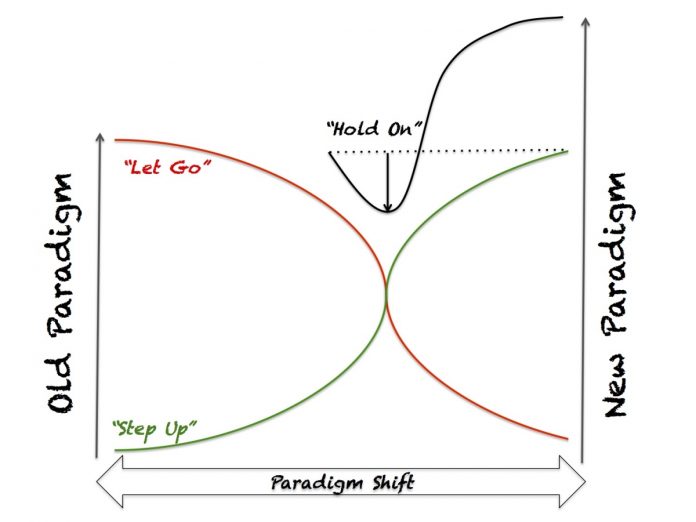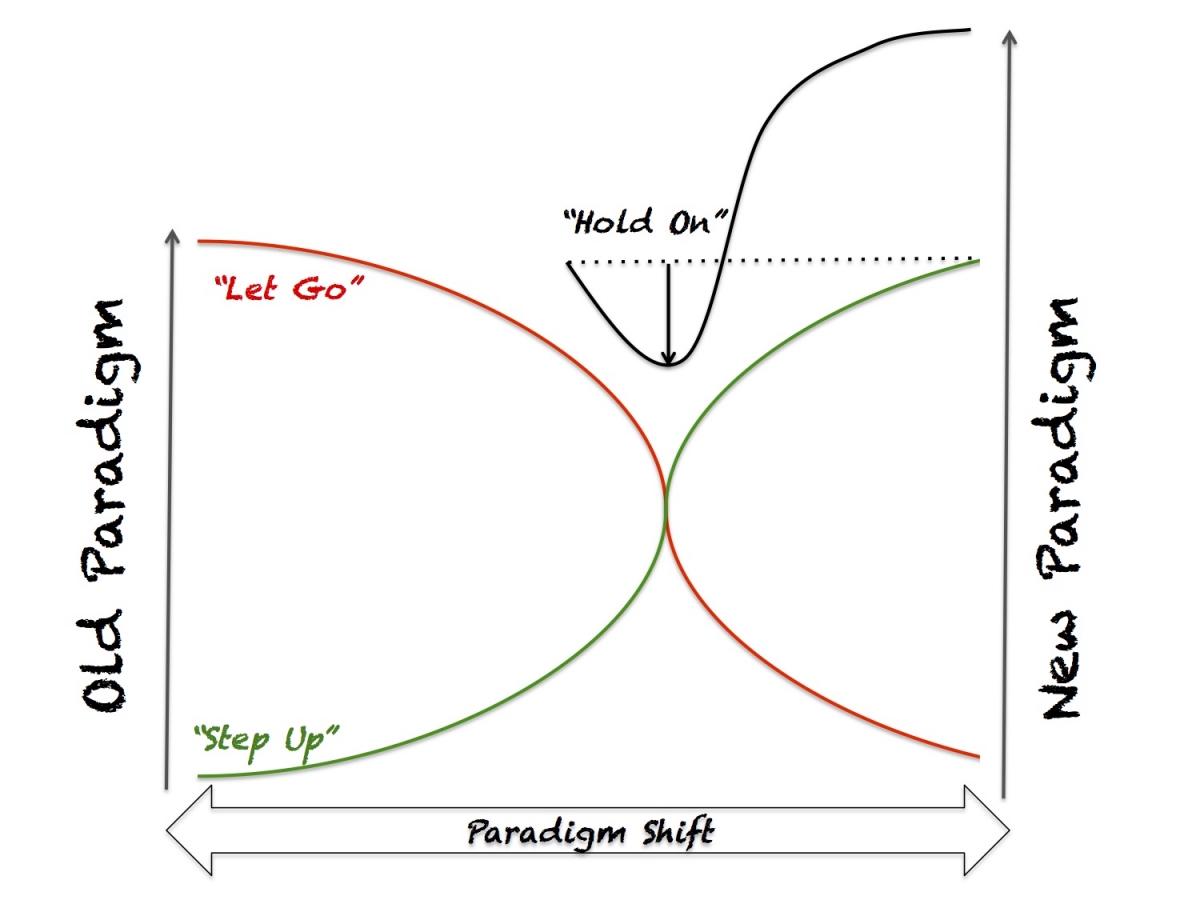
 As you read through this year’s Training Industry Report, it no doubt will become clear that we find ourselves in the midst of a classic paradigm shift. In “The Structure of Scientific Revolutions,” Thomas Kuhn argued that scientific advancement is not evolutionary, but rather a series of peaceful interludes punctuated by intellectually violent revolutions in which one conceptual worldview replaces another.
As you read through this year’s Training Industry Report, it no doubt will become clear that we find ourselves in the midst of a classic paradigm shift. In “The Structure of Scientific Revolutions,” Thomas Kuhn argued that scientific advancement is not evolutionary, but rather a series of peaceful interludes punctuated by intellectually violent revolutions in which one conceptual worldview replaces another.
When this happens, a paradigm shift occurs, and our collective perception is forever altered; i.e., the world is not flat, and the planets do not revolve around the Earth.
We all know that there cannot be change without learning: Learning and change are two sides of the same coin. The paradox we face today is that the Learning profession itself has experienced little change since the founding of the University of Bologna in 1088. For almost a millennium, our industry has built up a litany of orthodoxy that has infected us with paradigm paralysis: an inability or refusal to see beyond current models of thinking.
As Internet technology proliferates, creating a global digital nervous system that is redefining how we connect, communicate, coordinate, collaborate, and take collective action, we continue to be blinded by our own biases of course, content, classroom, and curriculum as the foundation of learning. Instead of opening ourselves up to the possibility of a new paradigm of real-time, collaborative, networked learning, we are falling into default by merely seeking to leverage disruptive technology to improve individual classroom training. Jay Cross says it best: “We have to shift our thinking from learning as filling people’s heads with knowledge to learning as people tuning their networks.”
NAVIGATING THE PARADIGM SHIFT
To successfully navigate this paradigm shift, we must have the courage to let go of what we know, the confidence to step up to what we don’t, and the conviction to hold on as we make the shift.
When it comes to letting go of the status quo, we must have the courage to relinquish our reliance on orthodoxy in order to see the new reality of how we can accelerate an organization’s ability to learn, change, and grow.
When it comes to embracing the unknown, recent research has shown that it is better to act your way into a new way of thinking rather than thinking your way into a new way of acting. Doing things differently is about action, not contemplation. Trying new and different ways to apply what you know about how adults learn is the key to building the confidence to step up to a new way of accelerating an organization’s ability to learn, change, and grow.
When it comes to staying the course, research has shown that during a paradigm shift, performance initially dips. During this uncomfortable time in the “trough of disillusionment,” confidence wanes and courage is called into question. In navigating this pivotal moment of the paradigm shift, it is critical to maintain your conviction to hold on during the darkest hour of change to emerge to a new dawn where learning finally can achieve its fullest and brightest potential.
I wish you the very best in this journey of courage, confidence, and conviction—the longevity of our industry depends on it!
Tony O’Driscoll is regional managing director of Duke CE in Singapore, where he focuses on identifying and implementing next-generation learning strategies and approaches that accelerate the development of Leadership Sense- Abilities in this rapidly growing part of the world.


